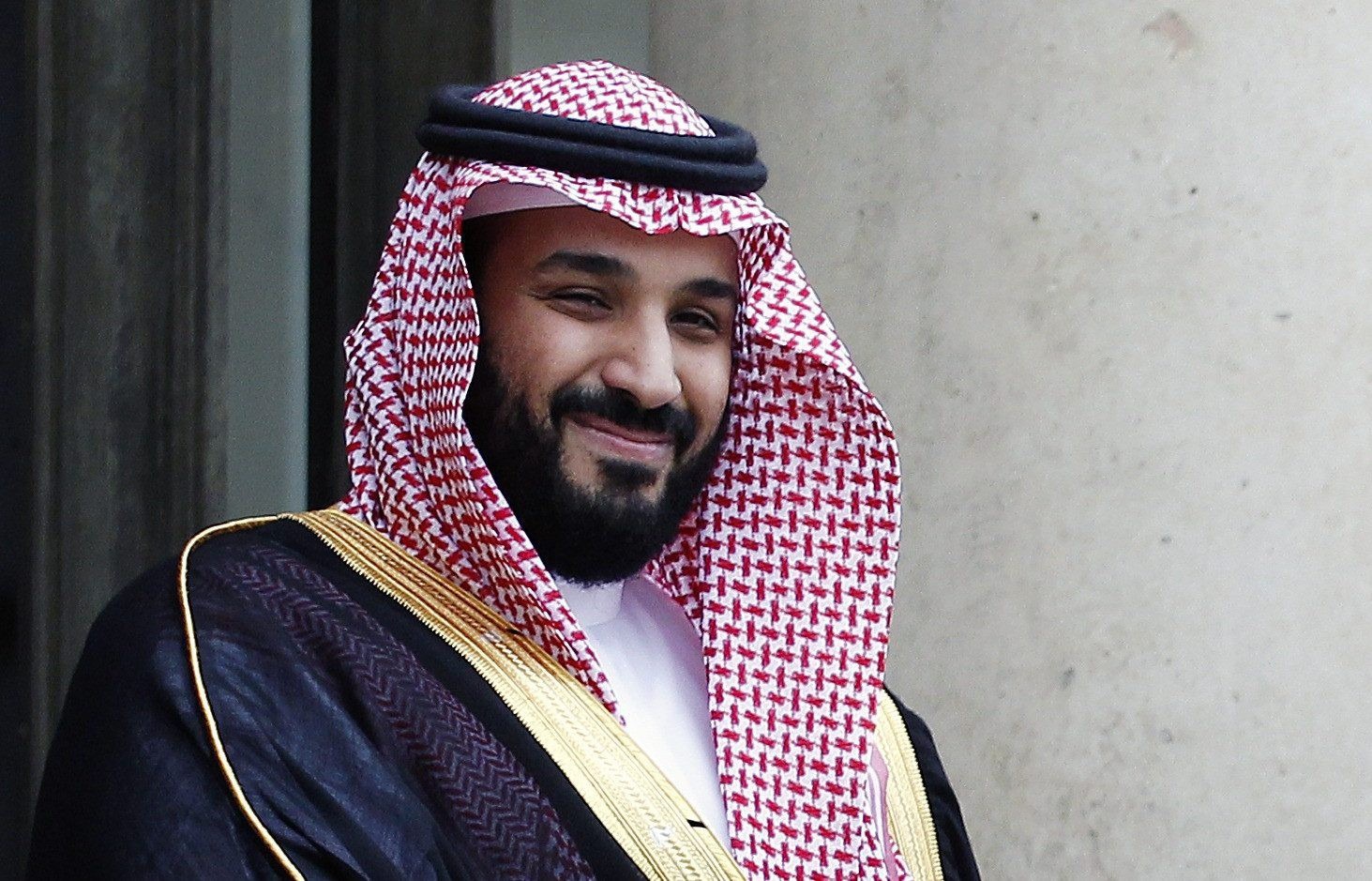MOHAMMED BIN SALMAN is the new name touted for a bid to buy Manchester United.
Should the Saudi Arabian prince manage to snatch the Red Devils off the unpopular Glazer family, he will become the sixth Middle Eastern owner in English league football.
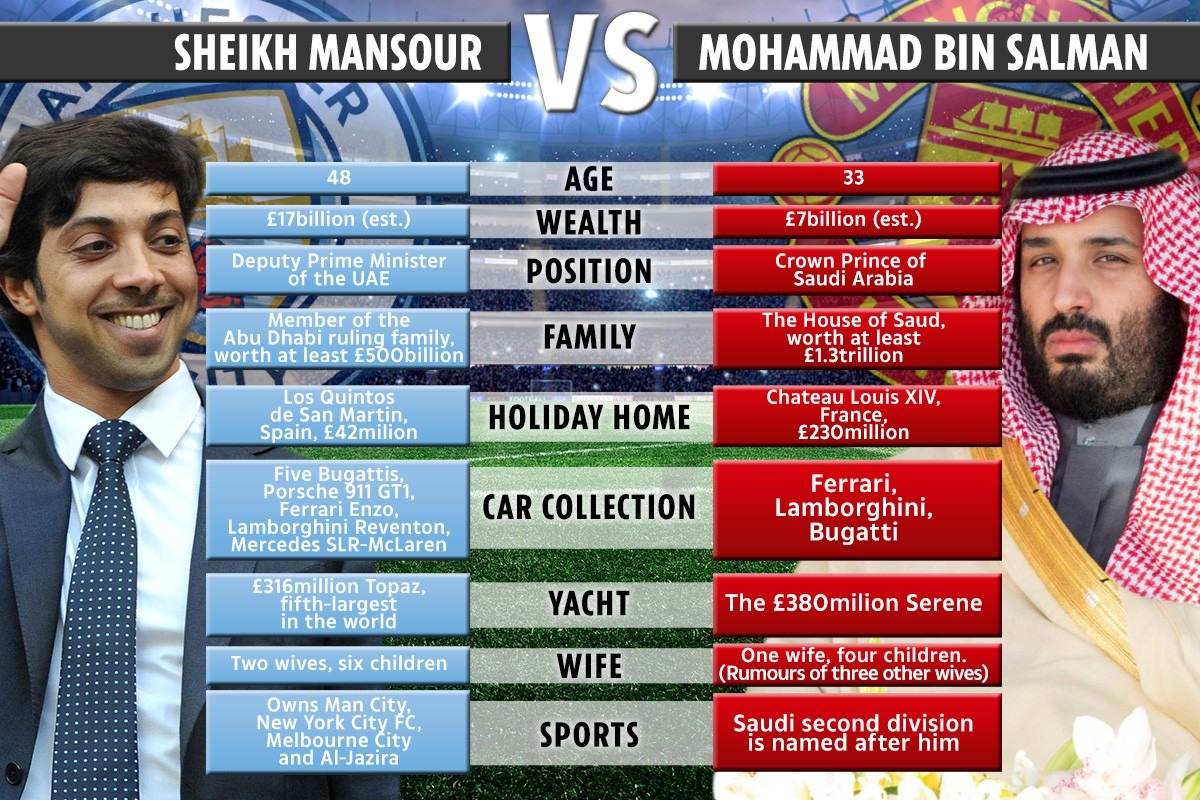
Manchester City are undoubtedly the big success stories when it comes to investors from the region.
But there are also plenty of examples where money doesn’t equal sense.
With talk of a 3billion bid for United refusing to go away, Bin Salman could do with brushing up on the historic lessons on owning a team.
Here, Sun Sport detail how Middle Eastern owners have fared ahead of the Saudi family member potentially plundering some of his clan’s 1.3trillion of wealth into Old Trafford.
SHEIKH IT UP
Manchester City had already experienced one spend-happy owner come in before Abu Dhabi royal family member Sheikh Mansour and advisor Khaldoon Al Mubarak arrived in 2008.
The short lived tenure of Thaksin Shinawatra had fallen apart and in came the Abu Dhabi oil money.
In the following decade, Mansour clocked over 1.3bn of investment in the club with stadium expansion, a new footballing academy, training ground and reserve stadium topping their long list of developments.
And, of course, there is the football team.
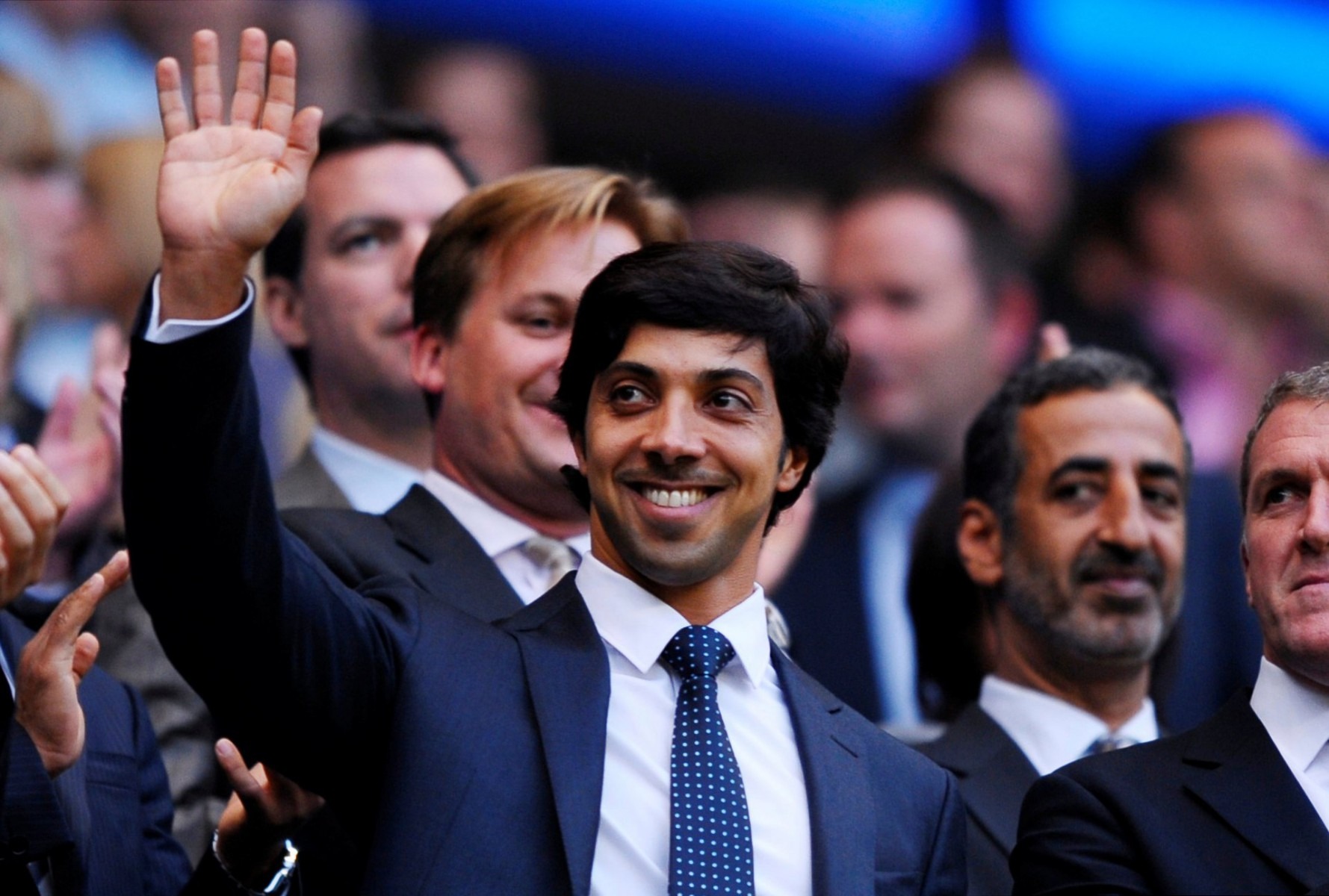
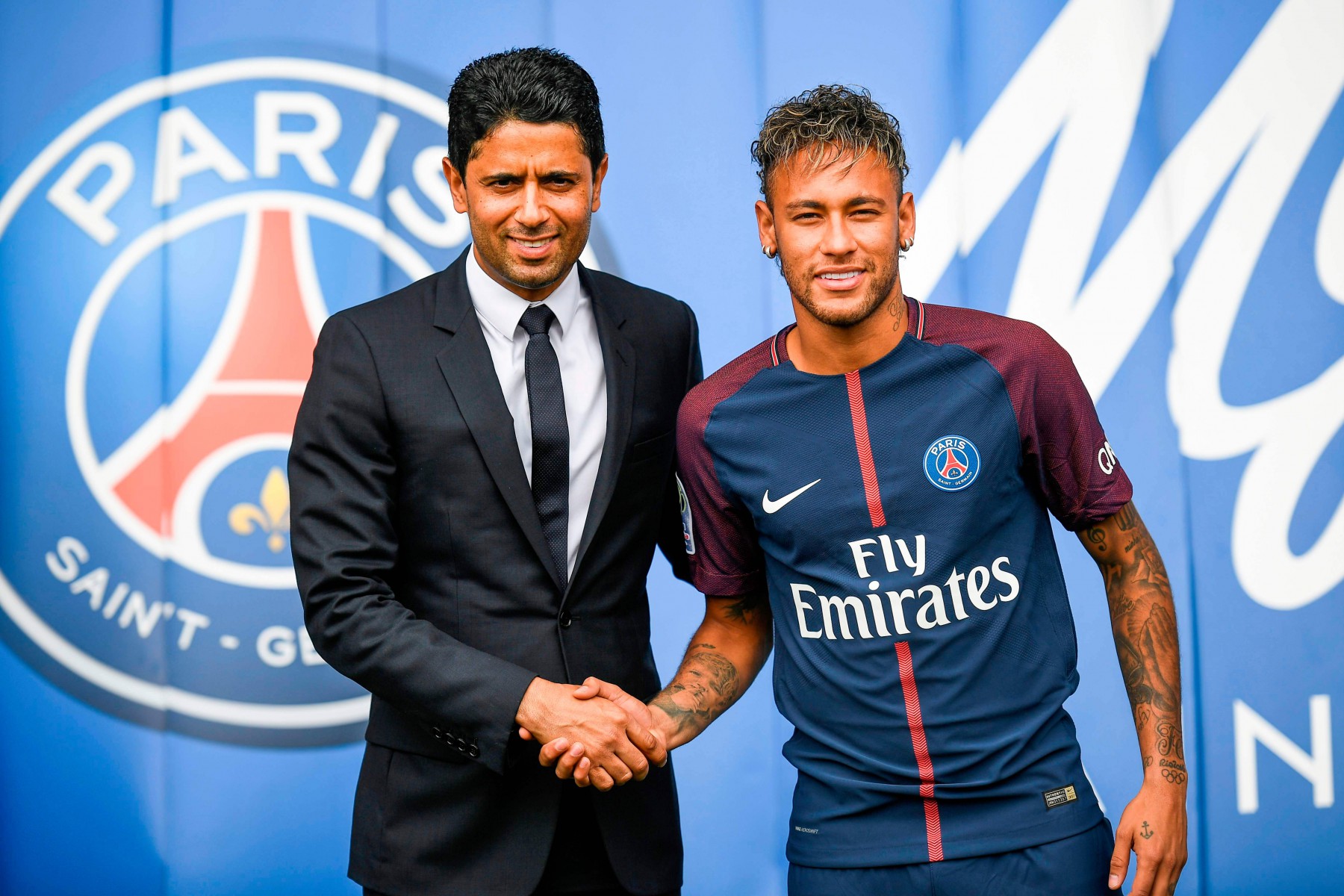
Four Premier League titles remain their legacy with Pep Guardiola’s side showing no sign of slowing down, with City a case of owners pumping so much money in it would be absurd if they failed.
Paris Saint-Germain are quite a similar example.
This time the royal family in question is Qatari and club chairman Nasser Al-Khelaifi counts five Ligue 1 titles in his trophy cabinet.
Like City, success in the Champions League still alludes them and the pressure of the investment has certainly contributed to this.
FAR FROM PERFECT
Everton welcomed Farhad Moshiri to Goodison Park in 2016 with a far bigger gap to make up between themselves and the top-four than City contended with.
The Iranian steel and energy magnate is responsible for the arrivals of manager Marco Silva and director of football Marcel Brands but success has been limited.
Big money outlays on Richarlison, Andre Gomes and Alex Iwobi have generally improved the team but not to the necessary extent.
Two consecutive eighth-place finishes mark a lack of progress and Moshiri is pressing ahead with plans for a new 500m stadium to push the club onto the next level.
But any plans Egyptian businessman Assem Allam have had for Hull have been received very badly.
Promotion to the Premier League followed his arrival as chairman but his relationship with the fans became inflamed by his name change plans.
A desire to rename Hull City to Hull Tigers was met with disdain and his hope of buying up land around the stadium was also rejected.
Back in the Championship and with little investment, and constant worries of a serious relegation battle, the Humberside club have been up for sale since 2014.
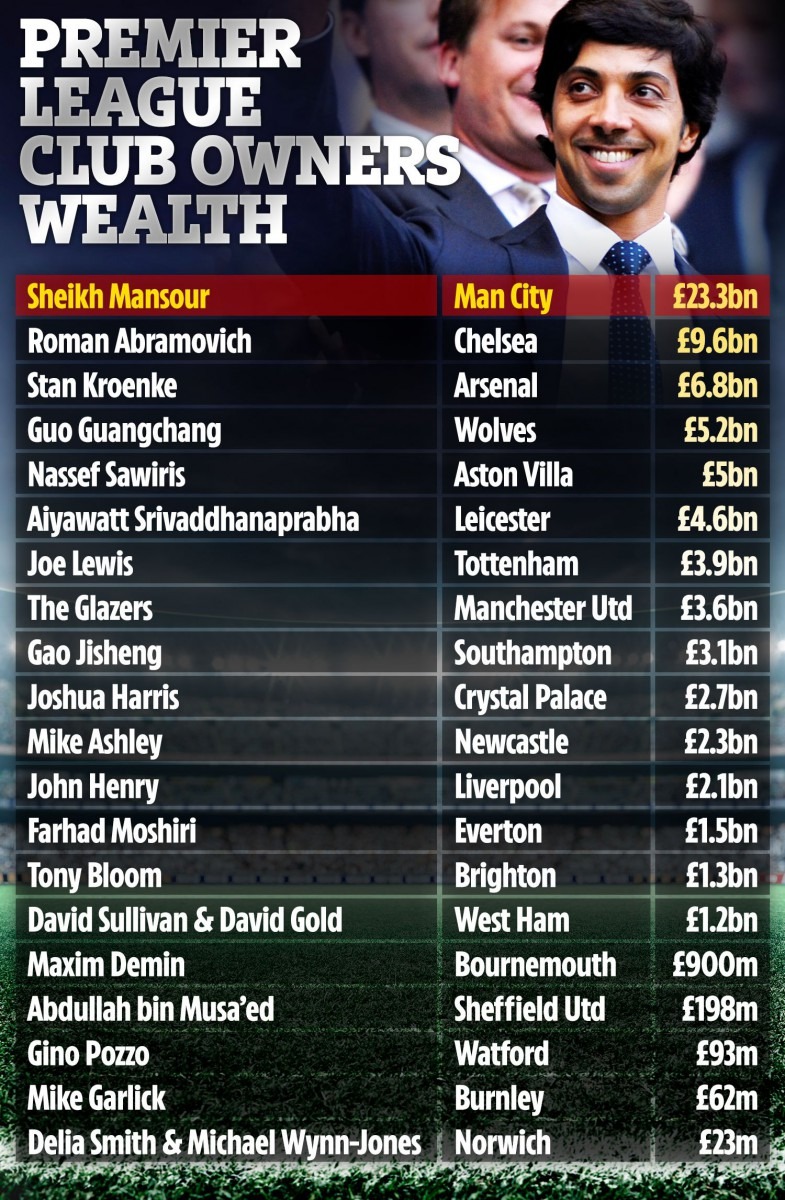
Abdullah bin Musa’ed made his money in Saudi paper and became involved in Sheffield United back in 2013.
Aside from legal wranglings over who exactly controls what at Bramall Lane, his time has coincided with a rise from League One to the Premier League.
Unlike some other teams on this list, the Blades’ success has not been a result of serious spending but rather excellent management, led by Chris Wilder.
Down in the lower leagues, Bristol Rovers were acquired by the Jordanian Al-Qadi family months before their promotion from League Two in 2016.
Interestingly, the holdings company Dwane Sports only took over 92.6 per cent of shares with the remaining stake owned by Bristol Rovers Supporters Club.
Club president Wael Al-Qadi immediately installed Steve Hamer as chairman in a boardroom shake-up and the Gas have gone on to secure consistent League One football.
But plans for a new stadium, one of the key points made at their takeover, appear to be moving slowly.

